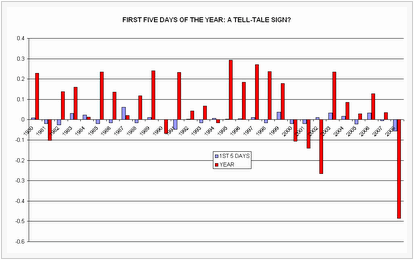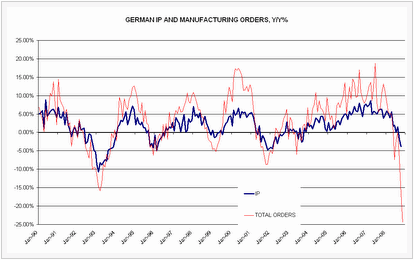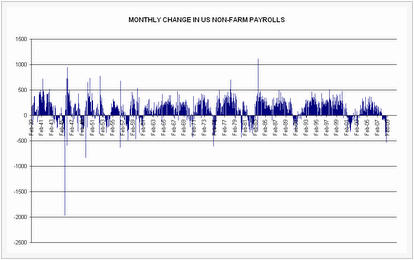Having grown up in the United States but spent virtually all of his adult life outside the land of his birth, Macro Man has had the opportunity to observe different theories of education at close quarters. Indeed, with two children in school, he is now at the coal-face, so to speak; in the UK his kids have been taught cursive handwriting at an age when he himself was doing colouring in pre-school.
What has always struck him as peculiar about the UK educational system is the degree of specialization that it instills at a farcically early age; by their mid-teens, secondary school students have to tailor their studies to ensure acceptance to university for a pre-destined course of study. While this generates a very high degree of ability at the secondary and university level, it leaves a lot of gaps. The American system, on the other hand, tends to be broader and shallower…spending less time studying more things. There is also a great deal more flexibility in the US system of higher education, where students don’t have to finalize a course of study until the end of their second year.
Macro Man himself is a graduate of a fine liberal arts university, where he was required to take courses in a broad range of subjects. In doing so, he discovered a passion for history, which he adopted as a second major to ensure entry into interesting-looking courses. To this day, much of his leisure reading tends to be about historical arcana.
In any event, his passion for history is coming in useful these days, as market and macro headlines offer up a history lesson virtually every day. One story circulating recently, for example, suggested that yesterday’s equity price action was vital, because the market direction in the first five days of Janury almost always dictates the direction for the entire year. Thus, the fortunes of the next 11.8 months were dependent on whether or not the SPX could hold 903.25 or not. Macro Man decided to check on this; while there does appear to be a decent relationship, it is far from infallible. Since 1951, the direction of the first five days mirror the returns for the year as a whole 69% of the time; a decent strike rate, but close to random than infallible. A quick glance at the chart below suggests that as recently as 2002, a decent start to the year was followed by a shocker.
Meanwhile, macro data and policy decisions are reaching historical extremes with eye-raising regularity. German manufacturing orders have collapsed to easily their worst rate of change since unification. The outlook for industrial production is correspondingly grim. Meanwhile, the German government announced yesterday that is taking over part of Commerzbank, which itself is trying to digest Dresdner. Good thing there’s no credit crisis, eh?
What is amusing/bemusing is that with all the focus and questioning on how the US will finance its fiscal deficit, it was Germany that had a failed bond auction this week, as they were only bid on 87% of the offering size. Bid to cover on the US 10 year auction, meanwhile, was 2.5. Food for thought with respect to the euro, for sure.
The headliner today is of course the US employment report, the last to be released before the new president takes office. Wednesday’s ADP report not only put an abrupt halt to the equity rally, but it also raised the spectre of a one-in-a-lifetime poor payroll figure. While consensus looks for job losses of 525k, Macro Man reckons that something close to 650-700k will be the average of all the office pools today. Indeed, some are mumbling about the chances of a million job losses! Anything close to that would be the second worst outcome in the history of the non-farm payroll report, with the worst coming in September 1945 after the US de-militarized following the war.
For choice, Macro Man would suggest that the number may not be as bad as feared in some quarters, though a seven handle on the unemployment rate seems like a given. But the random nature of the monthly payroll figure makes it anyone’s guess-well, anyone’s but Macro Man’s; in a career that started in 1993, he has never won a monthly payroll sweep.
Finally, the Bank of England cut rates to an all time low of 1.50% yesterday. While it’s true that Fed funds are also at an all time low, the BOE is a truly venerable institution, while there are plenty of people alive today who are older than the Federal Reserve.
The BOE was chartered during the reign of William and Mary, pictured below…..one wonders if they had a tracker mortgage?
In any event, the activism of the BOE is to be applauded; after all, this is an institution that once left rates unchanged for 103 years (1719-1822.) And you though Easy Al’s “considerable period” was a long time…….
Disclaimer: This page contains affiliate links. If you choose to make a purchase after clicking a link, we may receive a commission at no additional cost to you. Thank you for your support!






Leave a Reply